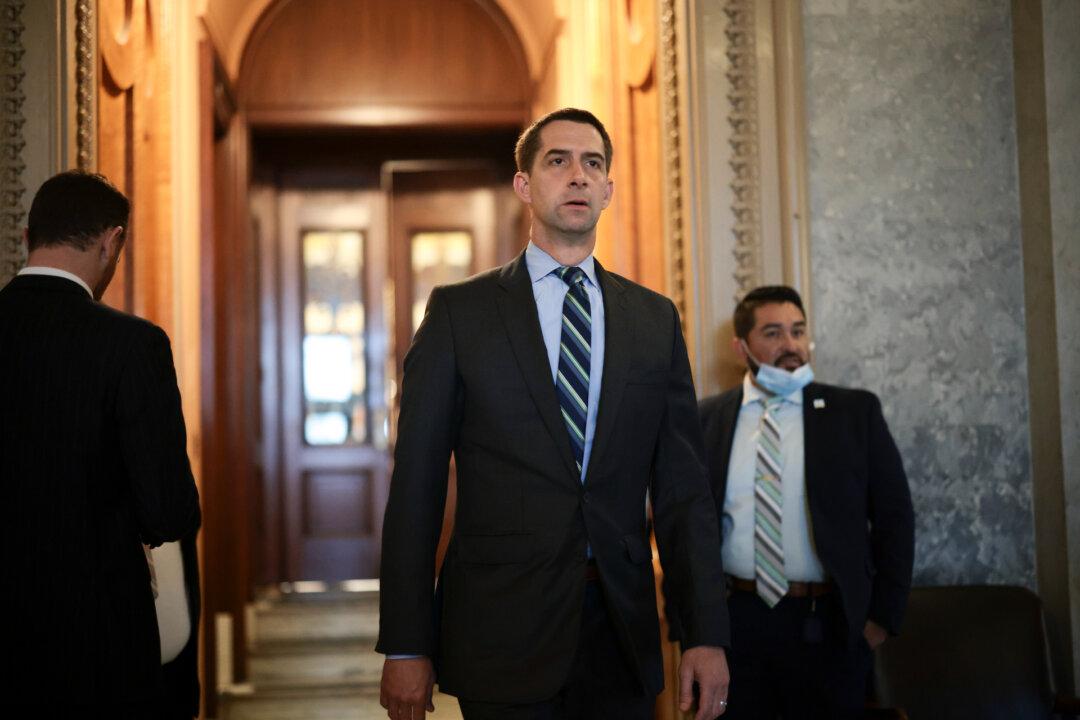Some Republican lawmakers are calling on President Joe Biden to reaffirm U.S. support for Taiwan amid escalating Chinese military provocations.
Tensions have ratcheted up over the past week, as China has sent a total of 150 military planes into the air defense zone around Taiwan, the democratically governed island that Beijing views as a breakaway province and hasn’t ruled out the use of force to achieve unification.





